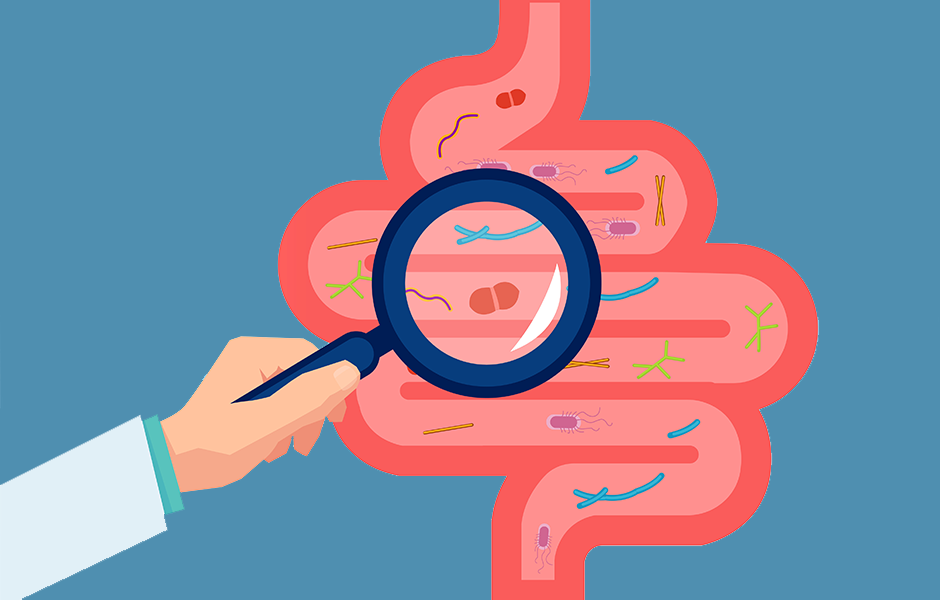Words by GOLD Newsdesk
In an effort to revolutionise the detection and management of Crohn’s Disease, Takeda is serving as the Industry Lead in the newly launched INTERCEPT project – a multinational collaboration to identify predictive biomarkers for the condition.
The project seeks to identify individuals at high risk of developing the disease before symptoms begin and therefore open the door to early intervention and potentially prevention of progression.
“Biomarkers are key to future research and have the potential to revolutionise the treatment landscape for irritable bowel syndrome (IBD),” said Dr Awny Farajallah, Chief Medical Officer, Takeda, in a press release. The initiative unites 21 partners from Europe, North America and South Korea, leveraging expertise from academia, healthcare and industry to tackle challenges in IBD care.
Crohn’s Disease, a chronic and incurable form of IBD, affects approximately three million people across Europe, with cases rising among children and young adults. Despite treatment advances, nearly half of patients require surgery within ten years, and only 10% achieve sustained remission – highlighting the urgent need for earlier detection and prevention strategies.
Recognising this need, Co-leader of INTERCEPT, Prof Jean-Frédéric Colombel, Director of the Inflammatory Bowel Disease Center, Icahn School of Medicine, Mount Sinai, noted: “For the first time, researchers from multiple European countries, North America, and South Korea are working together to predict and prevent Crohn’s Disease, reaching a milestone in the long path we began to walk many years ago.”
The project will begin by using biobank data to validate biomarkers, analysing blood samples from people who later developed Crohn’s disease to create a risk score that identifies those at highest risk. In the next phase, healthy relatives of Crohn’s patients will be screened, and individuals with the highest risk will receive preventive treatment to stop the disease before symptoms appear.
The INTERCEPT project officially begins with a consortium meeting in Berlin in February.









